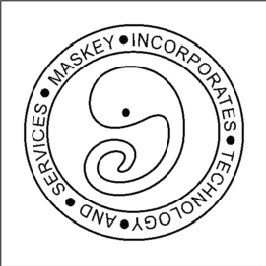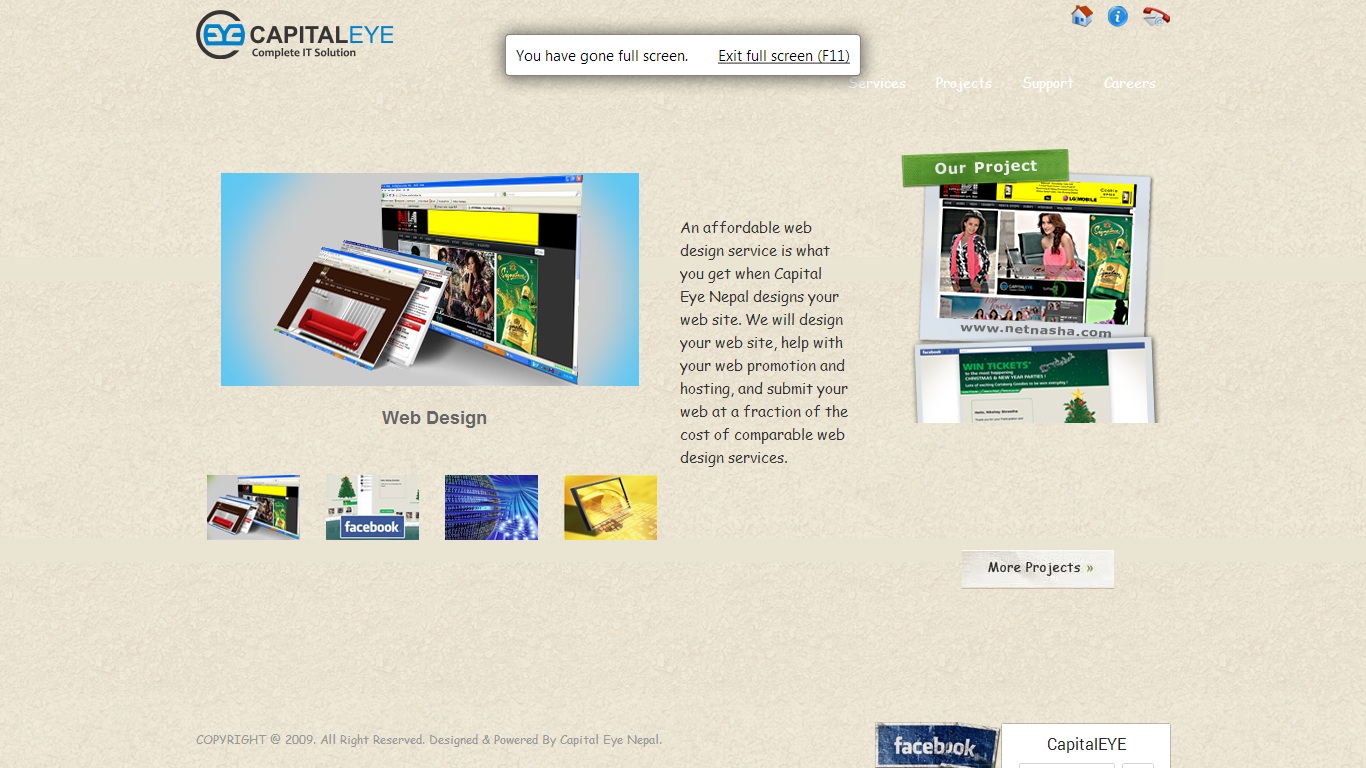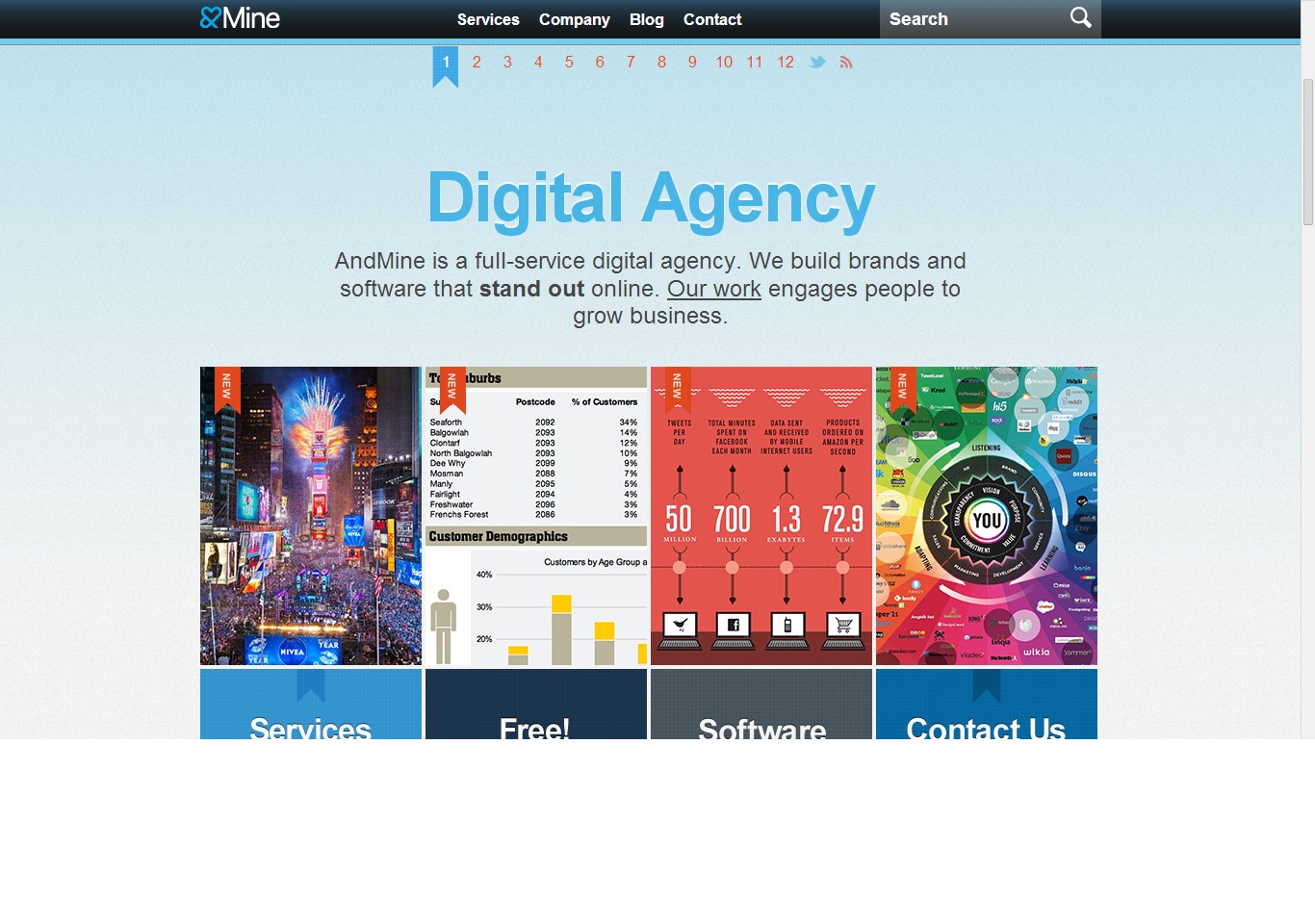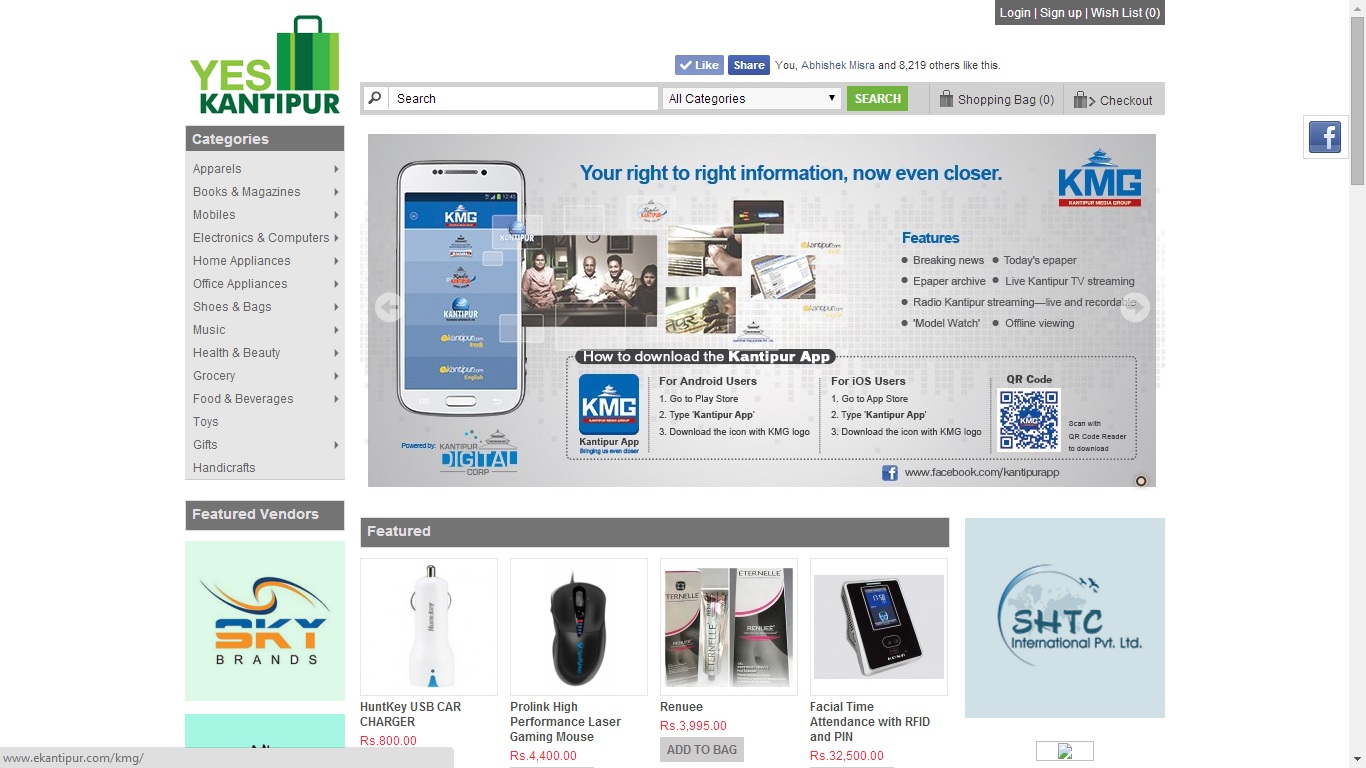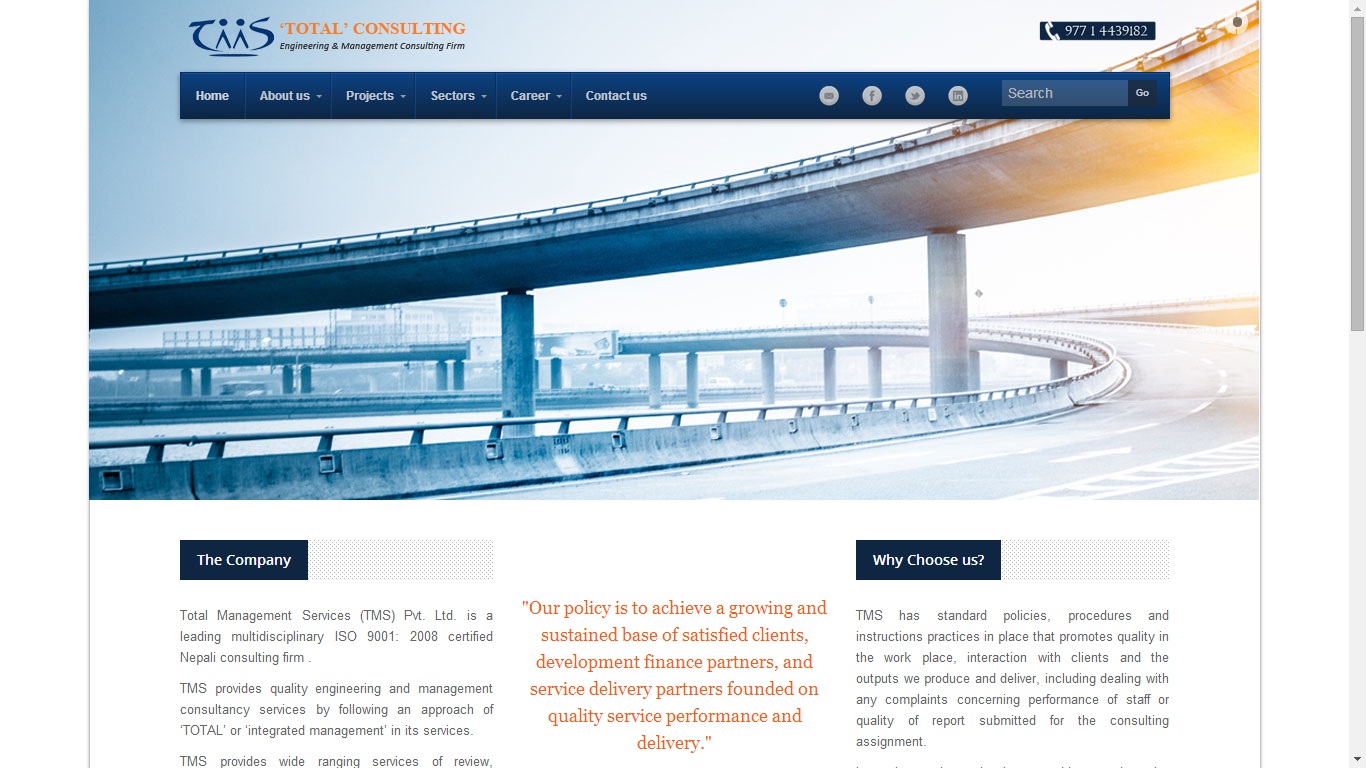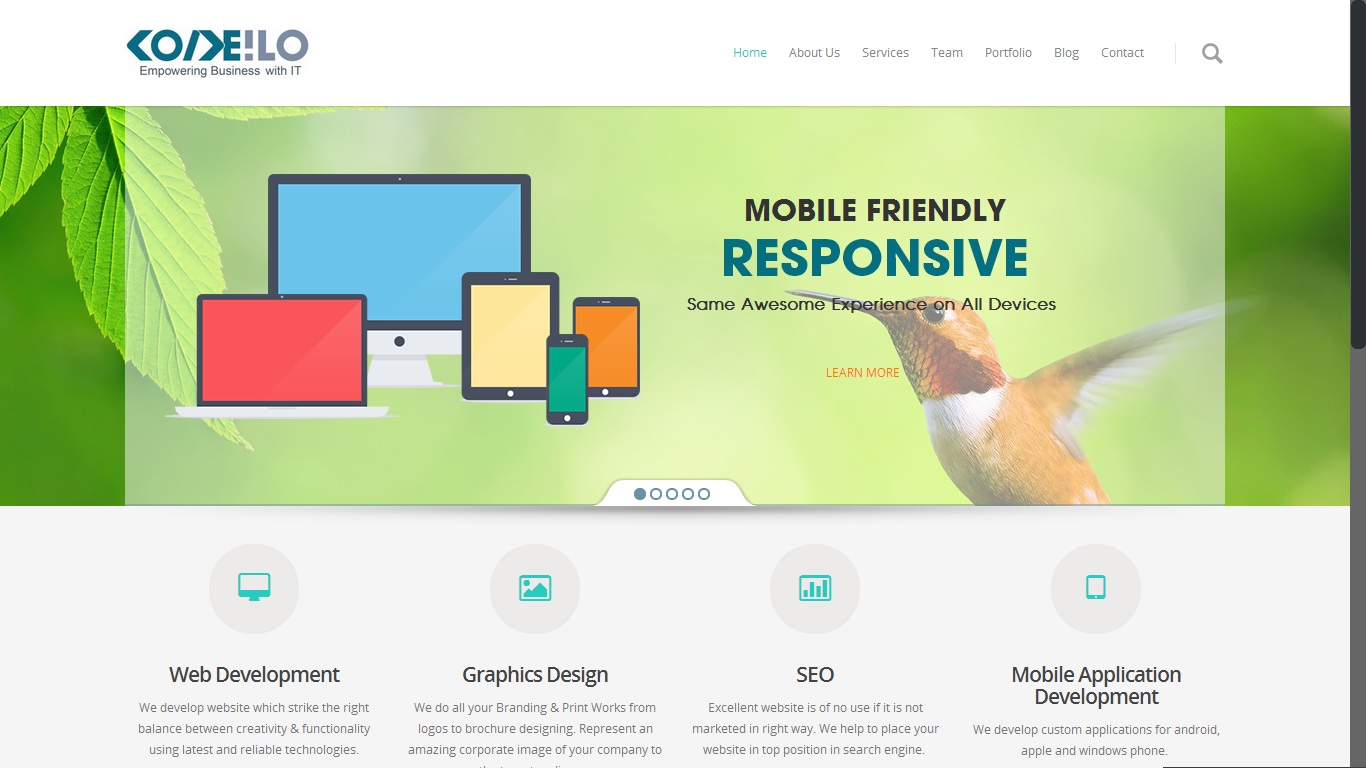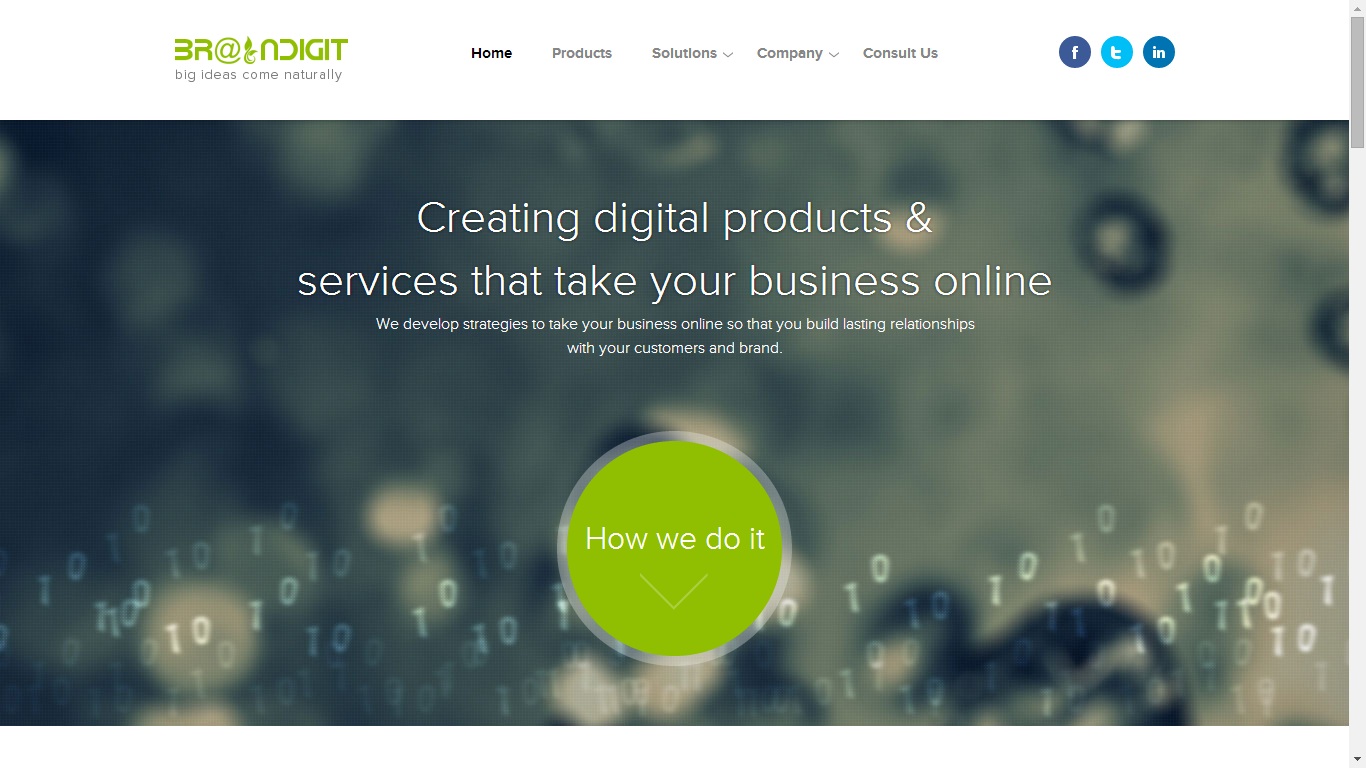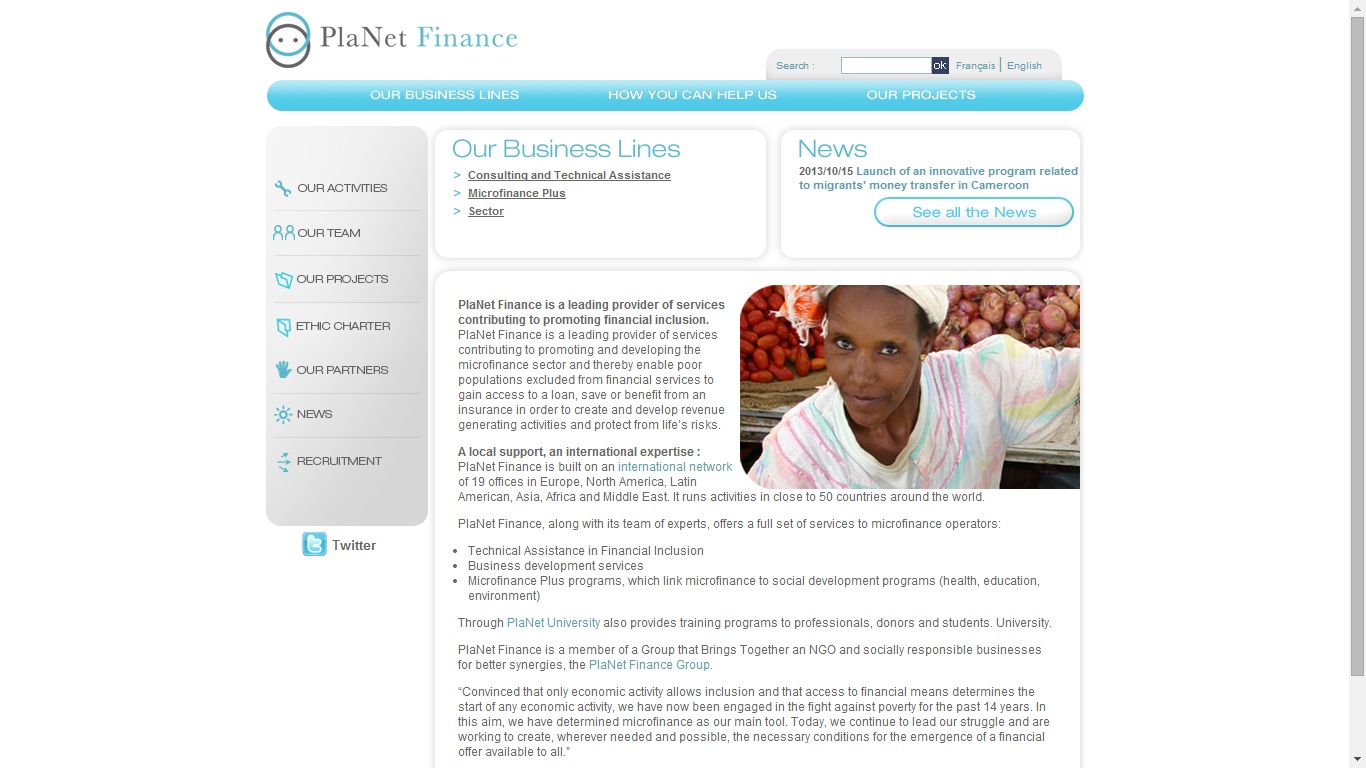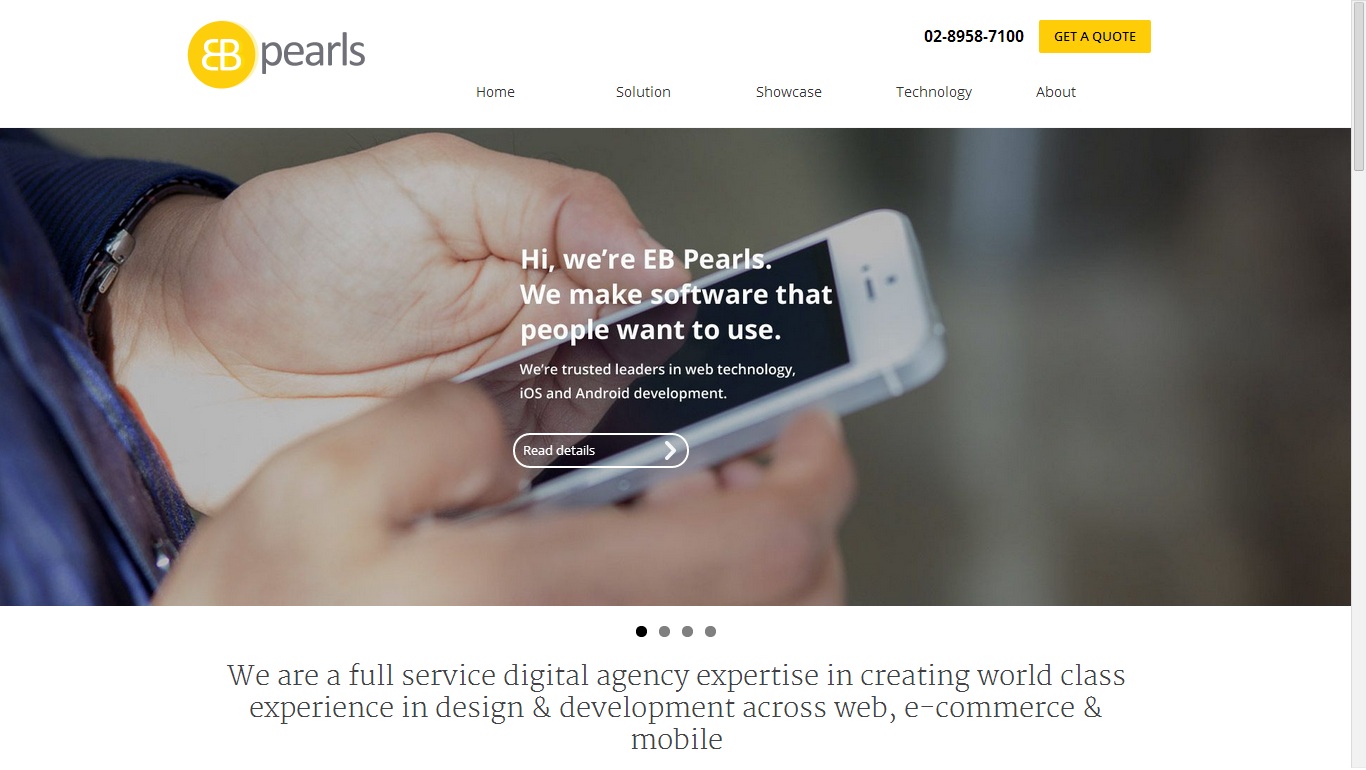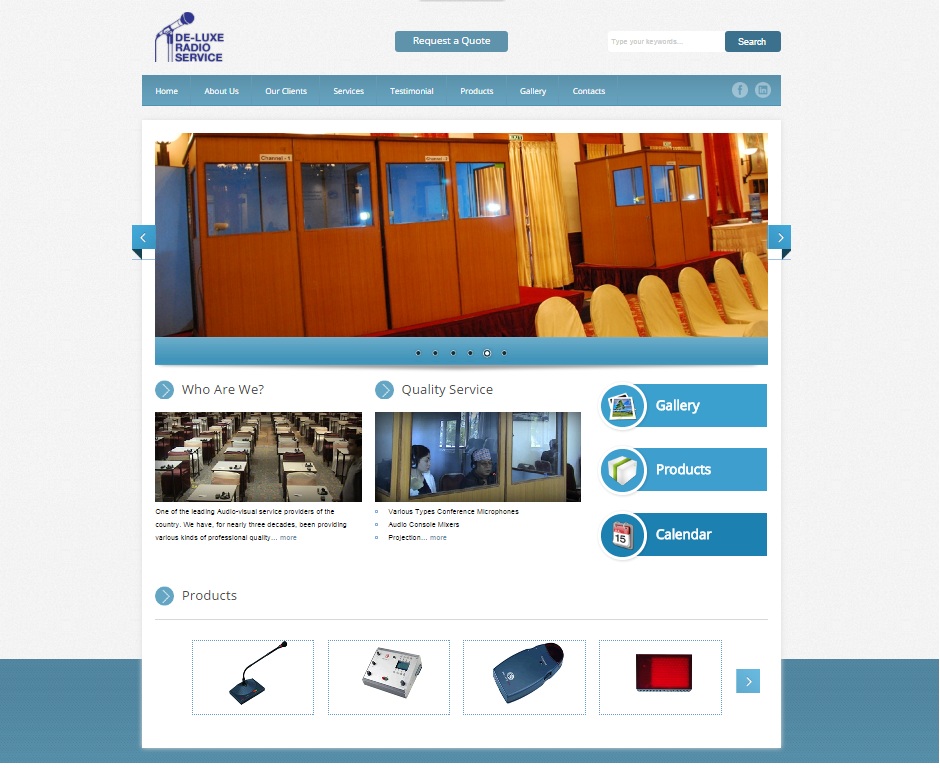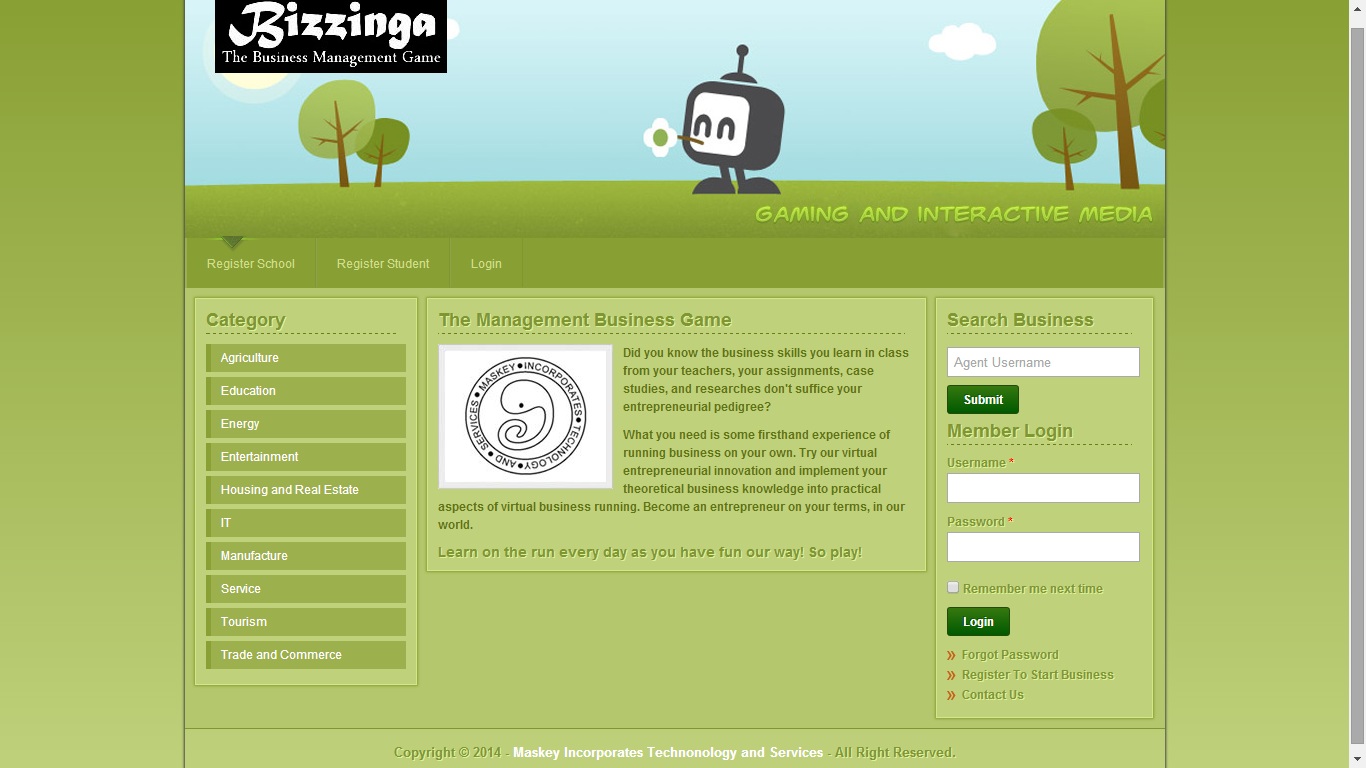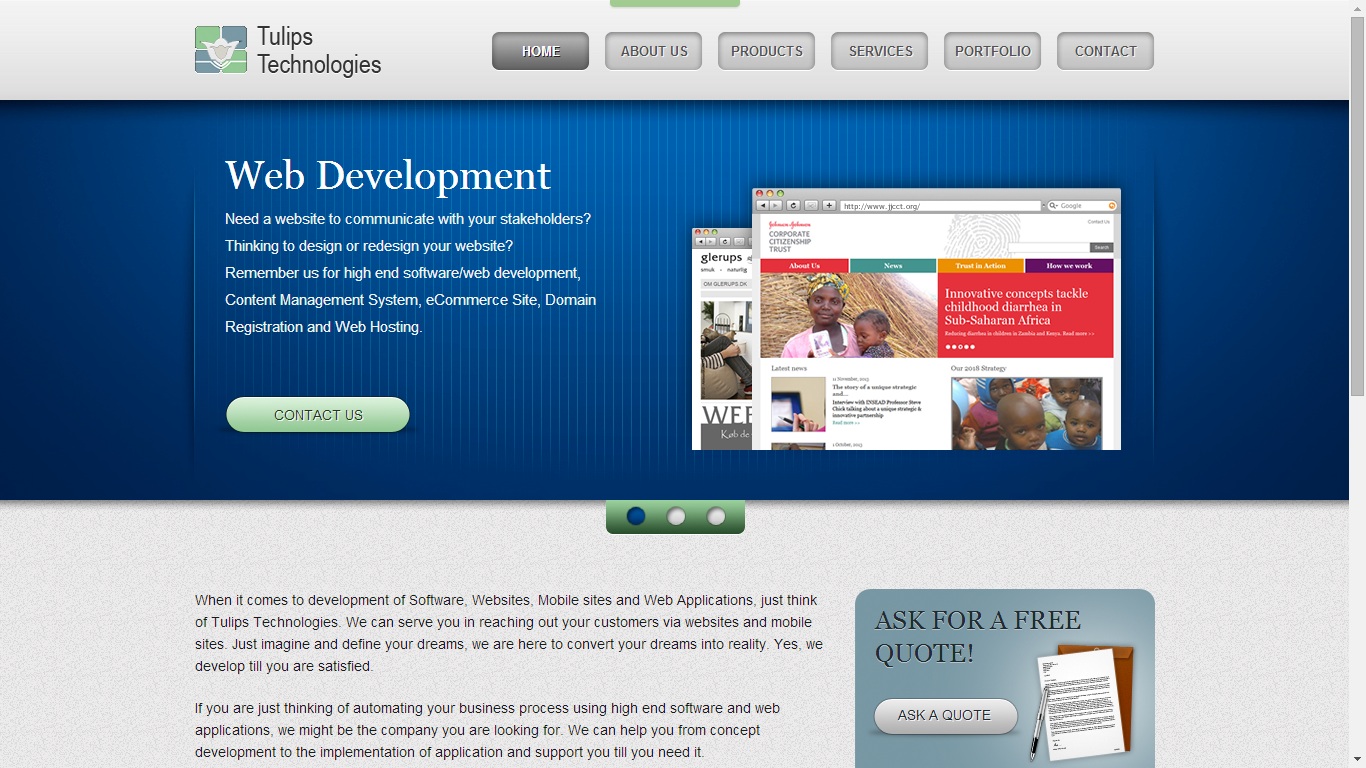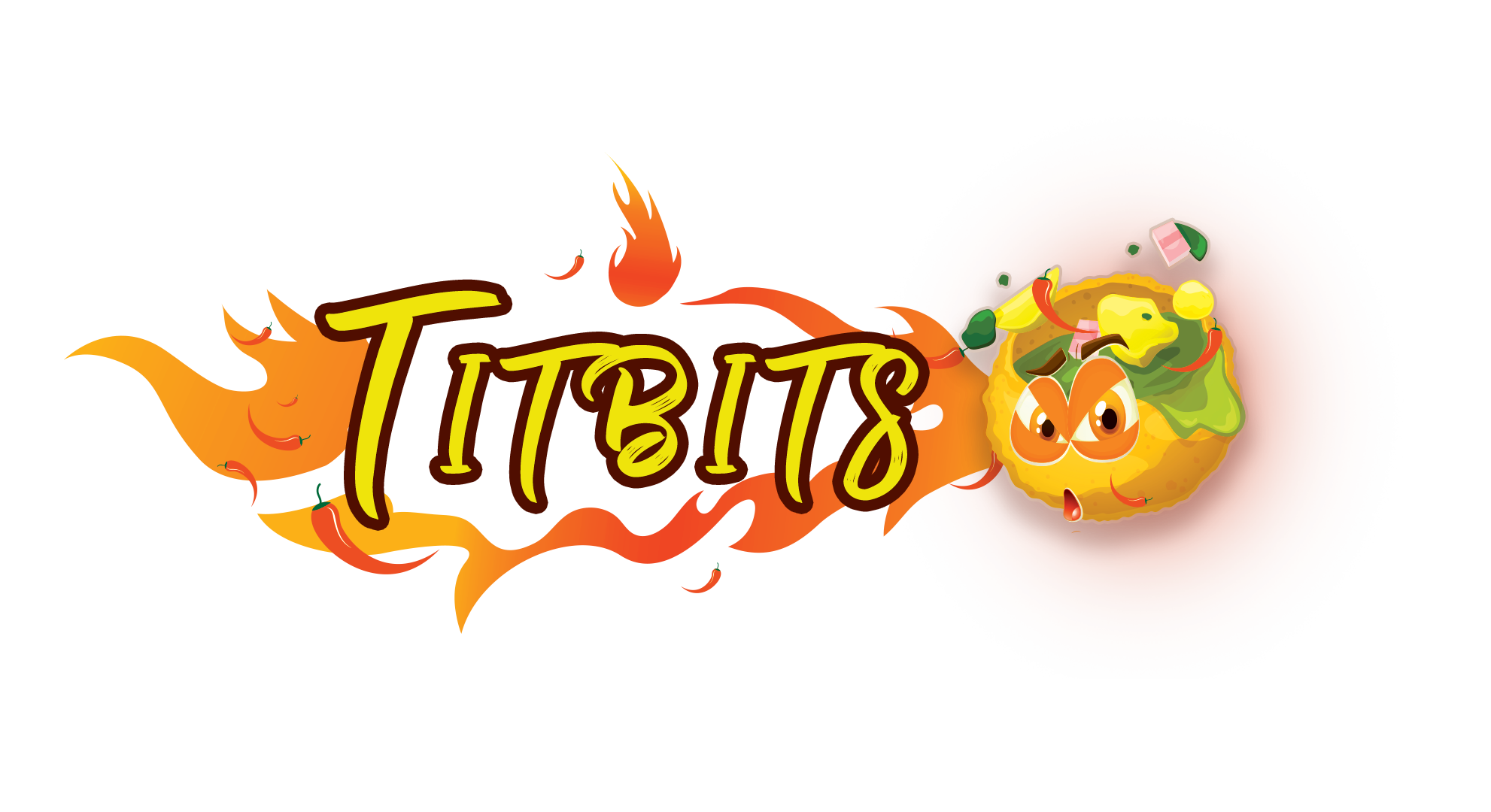-
Vacancy Announcement from Sunrise Bank Limited
Sunrise Bank Limited is a fast growing “A” Class Commercial Bank with diversification to various areas of functions and with rapid branch expansion target across the nation aims to increase the pace of quality growth. In this process t ...
Read More -
Vacancy notice from CDS and Clearing Limited, a wholly owned subsidiary company of Nepal Stock Exchange
CDS and Clearing Limited, a company established under the company act is a company promoted by Nepal Stock Exchange Limited (NEPSE) in 2010 to provide centralized depository, clearing and settlement services in Nepal. The main objective of the com ...
Read More -
Vacancy announcement from Civil Capital Market
Vacancy Announcement
Read More
Chief Executive Officer (CEO)
Civil Capital Market Limited (CCML), Head Office, Civil Trade Center Sundhara, Kathmandu, requests for expression (EOI) for the position of Chief Executive Officer (CEO)
CCML, ... -
Vacancy Announcement from Global IME Bank
Bank Overview
Read More
Global IME Bank Ltd. (GIBL) emerged after successful merger of Global Bank Ltd (an “A” class commercial bank), IME Financial Institution (a “C” class finance company) and Lord Buddha Finance Ltd. (a &ldqu ... -
Vacancy notice from Lumbini Bikas Bank Limited
Vacancy Announcement
Read More
Lumbini Bikas Bank Limited, a leading national level development bank invites application from highly motivated, dynamic and result oriented Nepalese Citizen for the follow ...
- ... Read More
-
I’ve spent almost 10 years interviewing thousands of candidates and developed a blue print for NAILING your next interview, follow these steps and you will dramatically increase your chances.
1. Know the position you are applying for ...
Read More -
Use these tips to write an effective resume that meets the employer's needs and gets you an interview.
Heading
- Type your name at the top in caps with large, bold type. Include your address, phone ...
-
Ever wondered why a Brit applies with a CV and an American with a resume? And why does an Aussie apply with both? There are a few differences between the two types of application documents and this article will straighten out your queries as well ...
Read More -
Wouldn’t it be great to know what answers the hiring manager is looking for? We asked, and they delivered.
By- Isabel Thottam
Being a mind reader would come in handy during the interview and make the whole getting-a-job thing ...
Read More
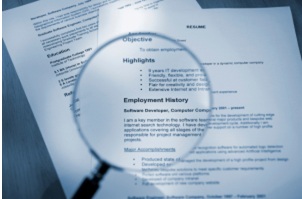
By Amanda Clark, Business2Community | May 21, 2015
Food for thought: There is no magic formula or special combination of words that will guarantee your resume lands successfully, securing you an interview and ultimately paving the way toward your dream job. There are, however, some seemingly small yet deeply significant blunders that will get your resume thrown into the trashcan 99 percent of the time.
Those odds may seem pretty daunting, but the good news is this: These resume blunders, while alarmingly common, are also easily fixable. You just have to know what to watch out for.
Five of the biggest resume writing disasters include:
- Being way too wordy.
We’ve written before about the importance of having some good, strong resume keywords—but there’s a difference between strategic keywords and just having a bunch of words vomited on to the page.
Your resume should certainly speak to your value as an employee, but it’s important to be succinct in weaving this narrative. Don’t change your margins to allow for more words, and—with rare exceptions—don’t go over a couple of pages. Remember that to get hired, your resume needs to impress an actual HR manager—not just computer programs and robots—and very few managers have time to read a 5-page resume.
- Using words that don’t mean anything.
Since you need to be judicious in the words you use, make sure you don’t waste valuable space on words that really don’t mean anything or convey specific value—words like hard-working or driven or self-starter. Again, we’ve blogged about this before. Focus on more concrete competencies, achievements, and results—not on these generic words and workplace euphemisms.
- Not including a clear summary.
You may end up putting a lot of time and energy into your resume, but don’t be too disappointed to learn that, well, hiring managers may not read the full thing. They may glance at it for just a minute or two, which means you need something to catch their eye and tell your story in a nutshell—a good, strong executive summary at the top of the page.
- Not editing.
There is zero excuse for having typos and grammatical errors on your resume. Use Spell Check, have a friend proofread it for you, or just hire Grammar Chic to give your resume a once-over.
- Making it overly detailed.
Should you include a lot of technical details about a project you worked on 20 years ago? Maybe—but only if those details directly relate to your current career goals. Again, make good use of your limited resume real estate, and orient everything around your basic career narrative.
Back To List
